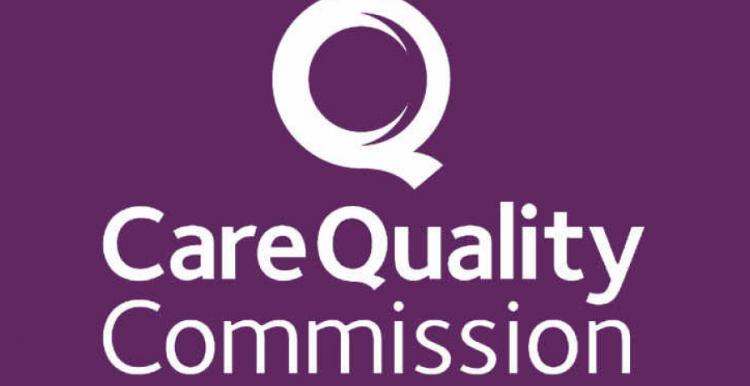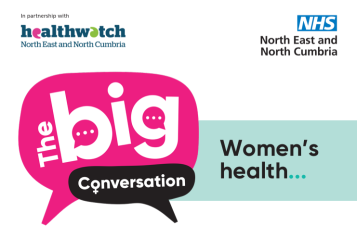CQC survey reports deteriorating experiences of NHS community mental health services

This year’s survey includes responses from 13,418 people who received treatment for a mental health condition in England between September and November 2021, using NHS community mental health services.
The survey results show people’s experiences remain poor, areas that returned poor results historically have not improved and some have declined further. Access to care has deteriorated; less people are saying they have seen NHS community mental health service services enough to meet their needs and many people have not been told who is in charge of organising their care and services.
Consistent with 2021 results, findings this year showed that people who received their care via telephone, younger people (aged 18-35) and those with more challenging and severe non-psychotic disorders were less likely to report positive experiences. Additionally, CQC analysed 13 questions of key improvement areas, reported on between 2018 to 2022, and found eight showed their lowest result to date with seven moving in a downward trend over the last five years.
However, some of the results show signs of improvement in areas, such as NHS talking therapies received as part of a wider package of care and when people had their care reviewed, they felt included in the decisions made about their care.
The findings include:
- Four in ten (40%) reported not having their care reviewed with NHS mental health services in 12 months
- More than a fifth (22%) of people did not get the help they needed from crisis care services
- Over a quarter of people (28%) would not know who to contact out of office hours in the NHS if they had a crisis, an increase of 2% since 2021
- Almost a third of people (31%) had not been told who is in charge of their care, an increase of three percentage points since 2021
- 40% of people had ‘definitely’ been seen by an NHS mental health service often enough for their needs, in the past 12 months
- 88% of people who knew who managed their care, said that this person organised their care ‘very well’ or ‘quite well’.
The survey results have been released for providers to review the experiences of people who use their services and to make improvements where needed. CQC will continue to use the findings as part of its wider monitoring of the quality of mental healthcare in England.
“It is hugely concerning that we have seen year on year deterioration in people’s experiences of NHS community mental health services. We have seen how services can adapt rapidly to deal with extreme pressure, but, sadly these are only likely to increase, with typical seasonal pressures amplified by COVID-19 and a cost-of-living crisis that could impact on people’s mental health.
“Poor access to services risks people reaching crisis point, leading to being admitted to environments that don’t support their recovery and risk their mental health deteriorating.
“Longstanding issues need urgent action and innovative planning for the future, and better integration with other supporting services and systems - to ensure people get the right care at the right time. We know staff are doing all they can to provide good care and it is encouraging to see some improvements being made, however, we need to address these issues urgently to ensure people get the support they need.”
Chris Dzikiti, Director of Mental Health at CQC.
The full report is available via the CQC website.


